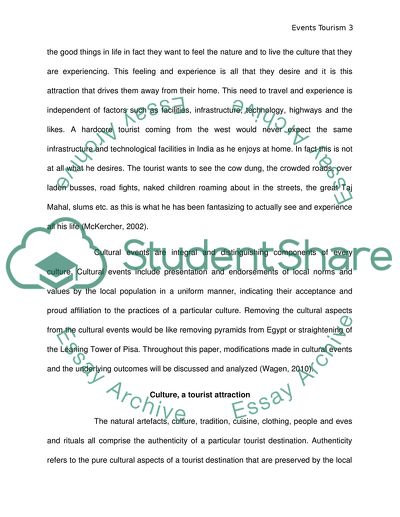Cite this document
(Events Tourism Coursework Example | Topics and Well Written Essays - 2250 words, n.d.)
Events Tourism Coursework Example | Topics and Well Written Essays - 2250 words. Retrieved from https://studentshare.org/tourism/1769133-events-tourism
Events Tourism Coursework Example | Topics and Well Written Essays - 2250 words. Retrieved from https://studentshare.org/tourism/1769133-events-tourism
(Events Tourism Coursework Example | Topics and Well Written Essays - 2250 Words)
Events Tourism Coursework Example | Topics and Well Written Essays - 2250 Words. https://studentshare.org/tourism/1769133-events-tourism.
Events Tourism Coursework Example | Topics and Well Written Essays - 2250 Words. https://studentshare.org/tourism/1769133-events-tourism.
“Events Tourism Coursework Example | Topics and Well Written Essays - 2250 Words”, n.d. https://studentshare.org/tourism/1769133-events-tourism.


